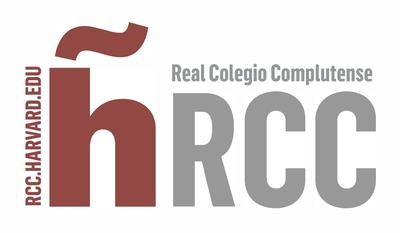Date:
Location:
Depression is associated to a number of cognitive biases. Depressed people pay less attention to positive information, recall more negative than positive information, and interpret ambiguous information in a negative way. In the last few years, there has been a number of cognitive interventions directly aimed at modifying these biases. In this presentation I will provide a general overview of a new procedure, based on eye-tracking automated procedures, to train depressed participants' attention towards positive stimuli (i.e., happy faces) while avoiding negative stimuli (i.e., sad faces). This is a proof of principle study to test the possibility to train attentional biases and it's possible impact on depressive symptoms. This project is sponsored by an i+d EXPLORA grant from the Spanish Ministry of Economy in which Prof. Richard McNally from Harvard university (Dept. Psychology) is also a member of the team.
Speaker: Carmelo Vazquez, Professor of Psychology at UCM
Sponsor: RCC
